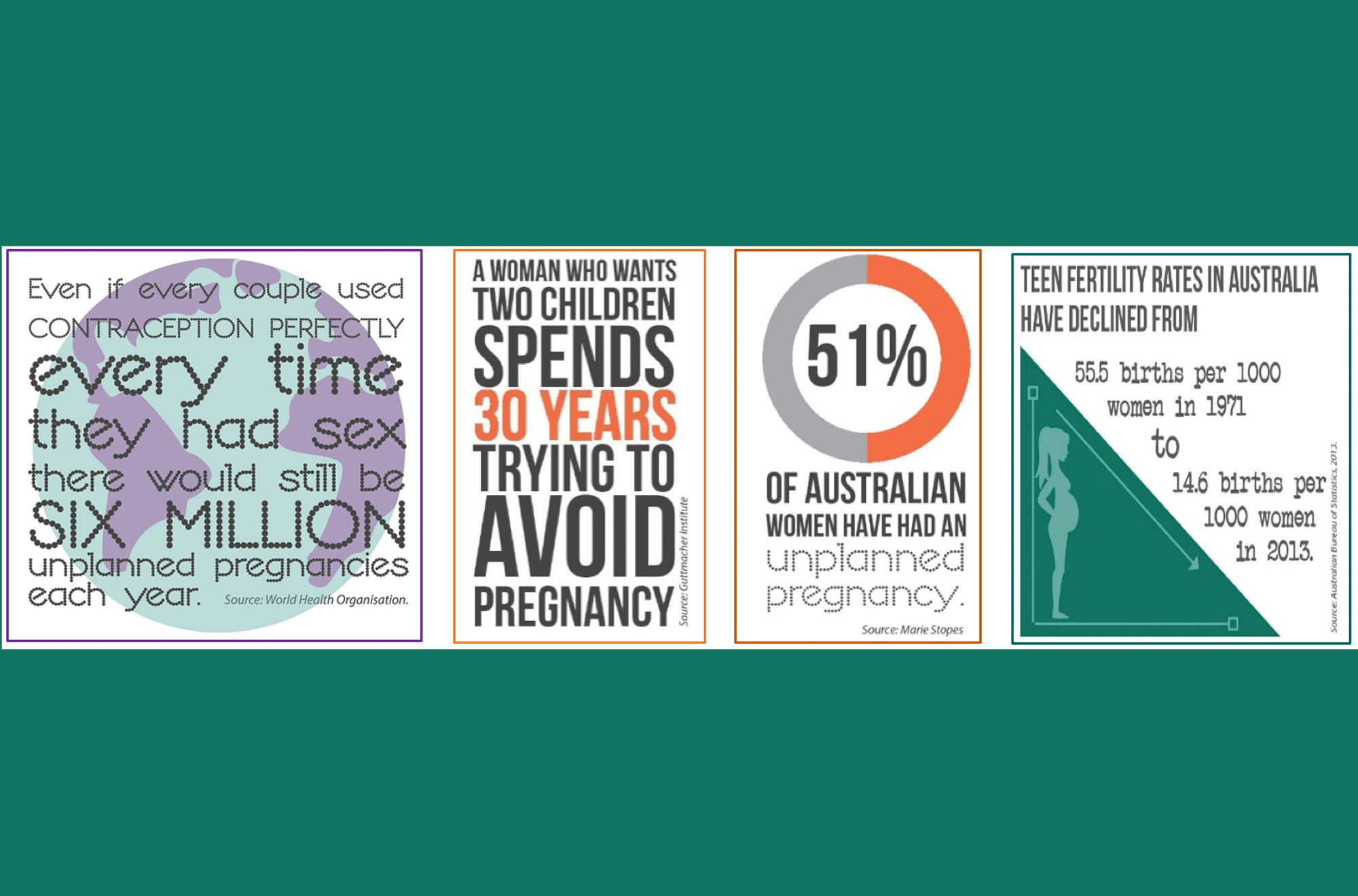
Having passed some of the most liberal laws on abortion anywhere, it seems Australia is falling down when it comes to service delivery, as there is no standardised national abortion access in Australia.
Jamal Hakim, the managing director of Marie Stopes Australia, announced last month that all four of their clinics in Australia – three in Rockhampton, Townsville and Southport in Queensland and the fourth in Newcastle in New South Wales – will close their doors in August 2021 because of rising costs.
“Everywhere in Australia, access to abortion and contraception care is very much a postcode lottery,” Hakim said. “It gets even more difficult when it comes to rural and remote Australia.” He estimates that the four closures mean that the pathway to safe abortion care would be compromised for about 500 people. Both rising costs and not being able to get qualified staff underpin the reasons.
In 2020, during the Covid-19 lockdown, as state borders closed and aircraft were grounded in Australia, Marie Stopes Australia flew a clinician and staff in a chartered plane from Brisbane to Rockhampton and Townsville every week to keep clinics open and accessible – with financial support from the Queensland Government.
But, Hakim continued: “In our regional areas … we can’t always get qualified and specialist staff to work in our clinics. We have a number of vacancies – always, so we fly-in nurses and doctors to continue services. As flights have become more expensive and scarce throughout the pandemic, these costs have only risen further. Local doctors are often unwilling to help as well…. Decriminalisation means that this is no longer a criminal issue, [but] this is a health issue. Governments do have a part to play, and some have done that better than others.”
Children by Choice CEO Daile Kelleher said: “Abortion is decriminalised across Australia now, and it needs to be embedded into the public health system as part of healthcare.” She said that of the 1400 Queensland people Children by Choice speaks with each year, the average distance they travel to access an abortion is 100 km. For someone seeking an abortion in Longreach, for example, it would take more than 10 hours in a car to reach the nearest private clinic in Cairns.
Medical abortion pills are only available for the first 8 or 9 weeks of pregnancy, and are expensive. and it seems surgical abortion still takes place under general anaesthesia and direct medical supervision, keeping these abortions taking place only in hospitals.
Broken Hill in far-west New South Wales, Dr Andrew Crossman was the only local GP providing abortion access for eight years, until he left the town two years ago. “When I left, there was no one there actually doing it anymore.” He said pulling together multiple elements, from a willing pharmacist through to pathology and counselling, can also be challenging.
“We ended up having to send people hundreds of kilometres away, one particular case we had to send 800km away.”
According to Marie Stopes, while the Queensland Government is working with them to fill the gaps their three clinics will leave behind, there has been no sign of collaboration from the New South Wales government. However, a spokesperson from NSW Health claims they are “fully committed” to supporting those seeking an abortion.
The NSW government has established a Pregnancy Choices hotline (1800 008 463) which provides information on pregnancy choices, including accessing termination of pregnancy services. But Marie Stopes feels even more support is needed — and while NSW Shadow Minister for Women Jodie Harrison agrees: “The hotline could certainly provide people with verbal assistance, but it doesn’t provide them with any actual solutions…”
NSW Health also says it will be providing $1.2 million to Family Planning NSW to “pilot a new service model to improve access to affordable termination of pregnancy and contraception services in regional and rural NSW.” Delivery is expected to start in the second half of 2021. But what happens in the meantime?
Surgical abortions have been steadily declining across Australia over the last two decades, according to Family Planning NSW’s Induced Abortion Australia: 2000-2020 report, just released. Increases in use of medical abortion pills have compensated to some extent, and use via telehealth increased 150% across the country in 2020. But with an upper limit of nine weeks, pills need to be posted by the time the woman is seven weeks pregnant – a major limitation. So yes, extending access to abortion pills is certainly an answer.
Remember the Tabbot Foundation? They started doing telemedicine abortions in 2015 in Tasmania inspiring almost everyone else everywhere, and when they had to close down due to crippling costs, they had telemedicine services going in all but one Australian state, where it wasn’t yet legal. They closed down in spite of high and growing demand because the costs they incurred were so high, including the price of abortion pills. But even in 2015 it was clear that the absence of public responsibility for affordable and local abortion services was a very serious problem.
SOURCES: Repro Wrap, Newsletter of Children by Choice, Queensland, 2 August 2021 ; abcnews, 13 July 2021 ; Junkee, by Edwina Storie, 30 July 2021 ; INFOGRAPHICS: Children by Choice



